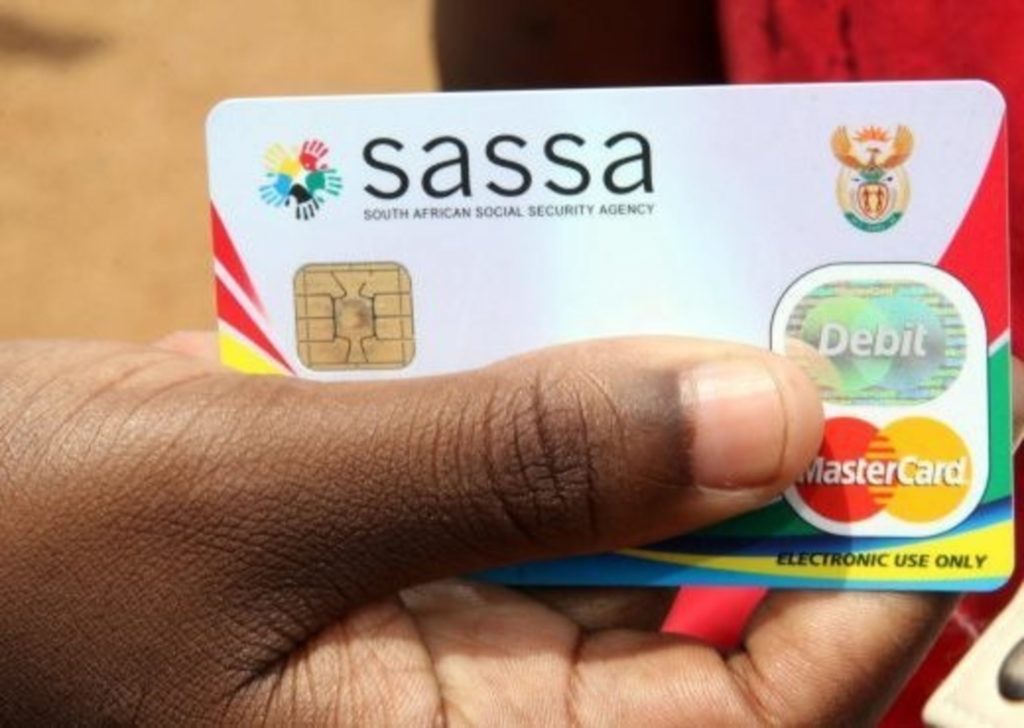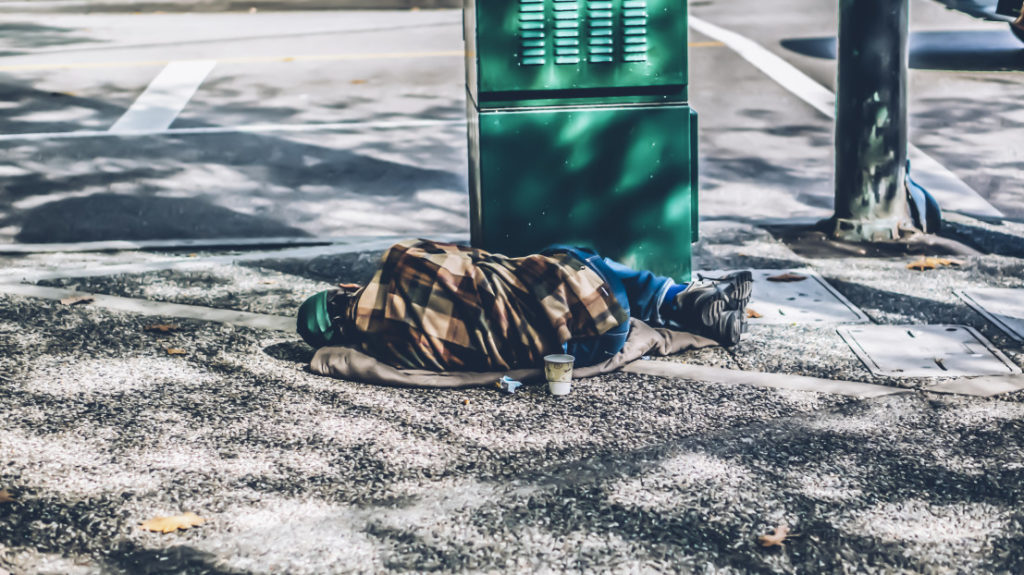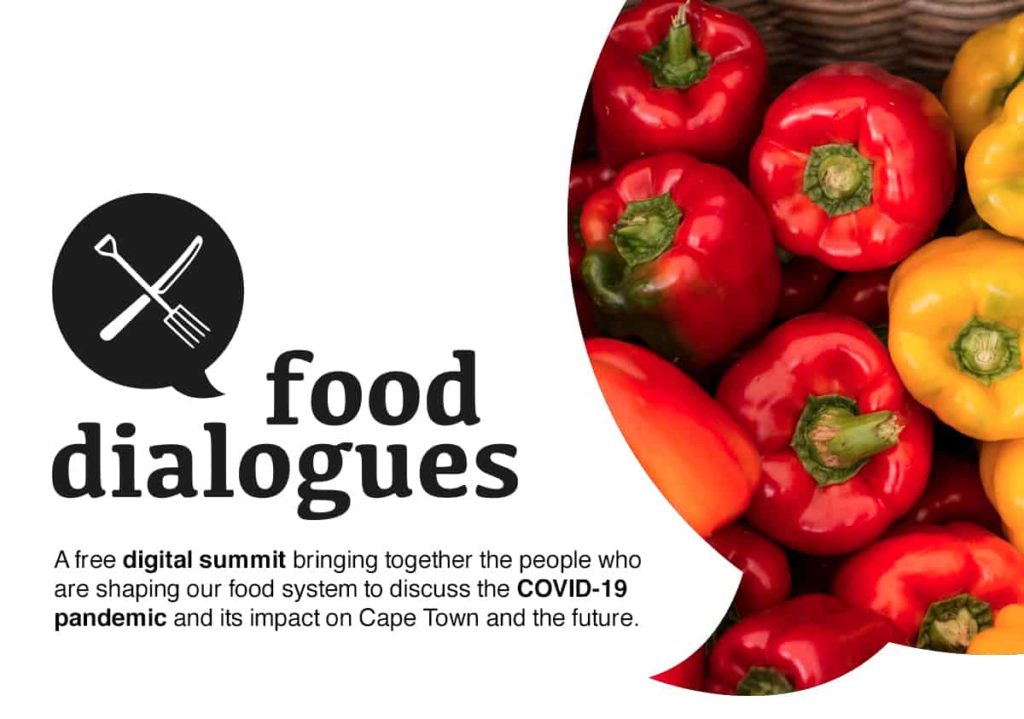The post-COVID future for South Africa’s women remains unclear
It has become apparent that women around the world are, as a ripple effect from persistent systemic inequities, being disproportionately affected by the COVID-19 pandemic and its associated economic slowdown.
But now the disease appears to be on the wane in many places, including South Africa. That raises questions as to how those inequalities are going to be addressed in the post-COVID world. Not just to buffer women (and children) against the next crisis, but also to improve their everyday situations.
SA has been leaving too many behind before and during COVID-19
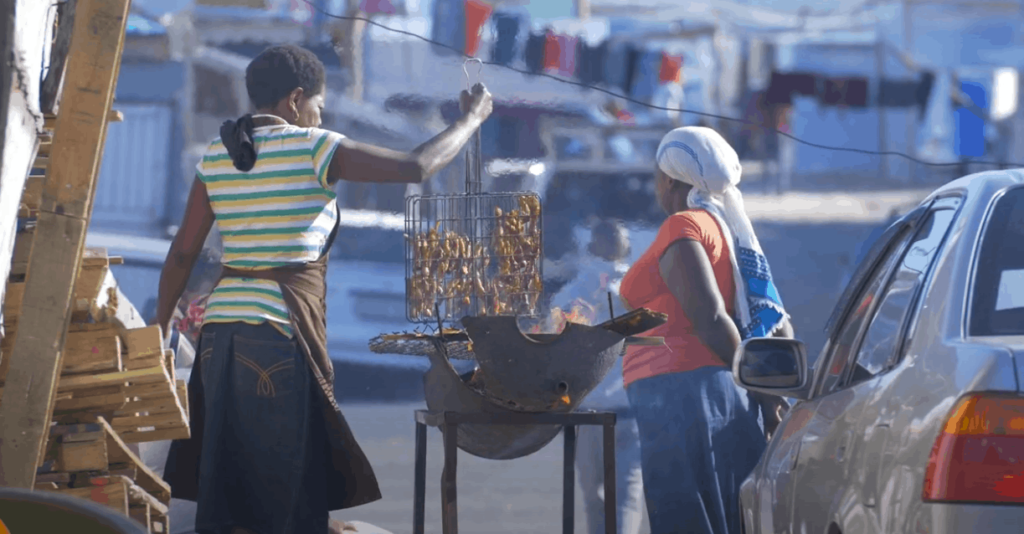
Gender gaps have increased as a result of the Covid-19 crisis. This has implications not just for women, but for their households and for their children.
Lockdown journey to investigate the potential of marama as a food crop
As large parts of Africa struggle with food insecurity and hunger, the search is on for crops that could provide an answer to these problems.

While the rest of the country was under hard lockdown, researchers at the Centre of Excellence in Food Security at UWC, undertook an exhaustive and exhausting trip in Limpopo in July 2020, in search of the marama seeds
Times have been perilous for farm women and waste pickers
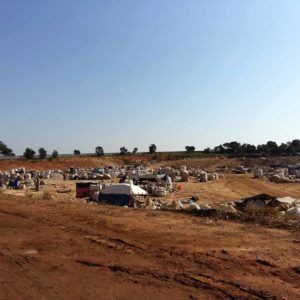
The Centre of Excellence in Food Security is hosting a series of 2020 Women’s Month Webinars over August, the first of which, held on 13 August 2020, focused on the precarious livelihoods of farm women and waste pickers.
A mother in tears because she has a loaf of bread to eat but not enough money to send to her children in another town or city, or even country. Stories like this one, as recounted by waste picker Eva Mokoena, typified what was happening around the country amid the COVID-19 lockdown.
WANTED: Programme Manager (COVID-19 response) Pilot Programme
Programme manager wanted for a pilot programme that will see a consortium of partners unite to deliver a COVID-19 response programme, focussed on food security and community engagement. The pilot will implement a two-pronged approach; a digital food voucher distribution intervention through informal food traders coupled with the Champion Model, a community engagement methodology.
SA’s “inappropriate legislation” out of step with global COVID-19 opinion
The government has come in for a tongue-lashing over its “inappropriate” COVID-19 regulations, with one of the country’s top social development economists warning that rather than bringing the pandemic under control, economic micro-management will instead exacerbate the suffering of the poor.
While stopping short of addressing the alcohol and cigarette ban specifically, Professor Julian May told a virtual conference attended by hundreds of people from across the world that the loss of jobs and desperately needed revenue to the state would negatively impact the critical funding of social protection programmes going forward.
Food Dialogues 2020: Building healthier, resilient and just food systems
The Food Dialogues: Cape Town 2020 initiative, which takes place until 14 August 2020, is set to focus on the Covid-19 pandemic and the impact it has had and will have on Cape Town’s food system.
